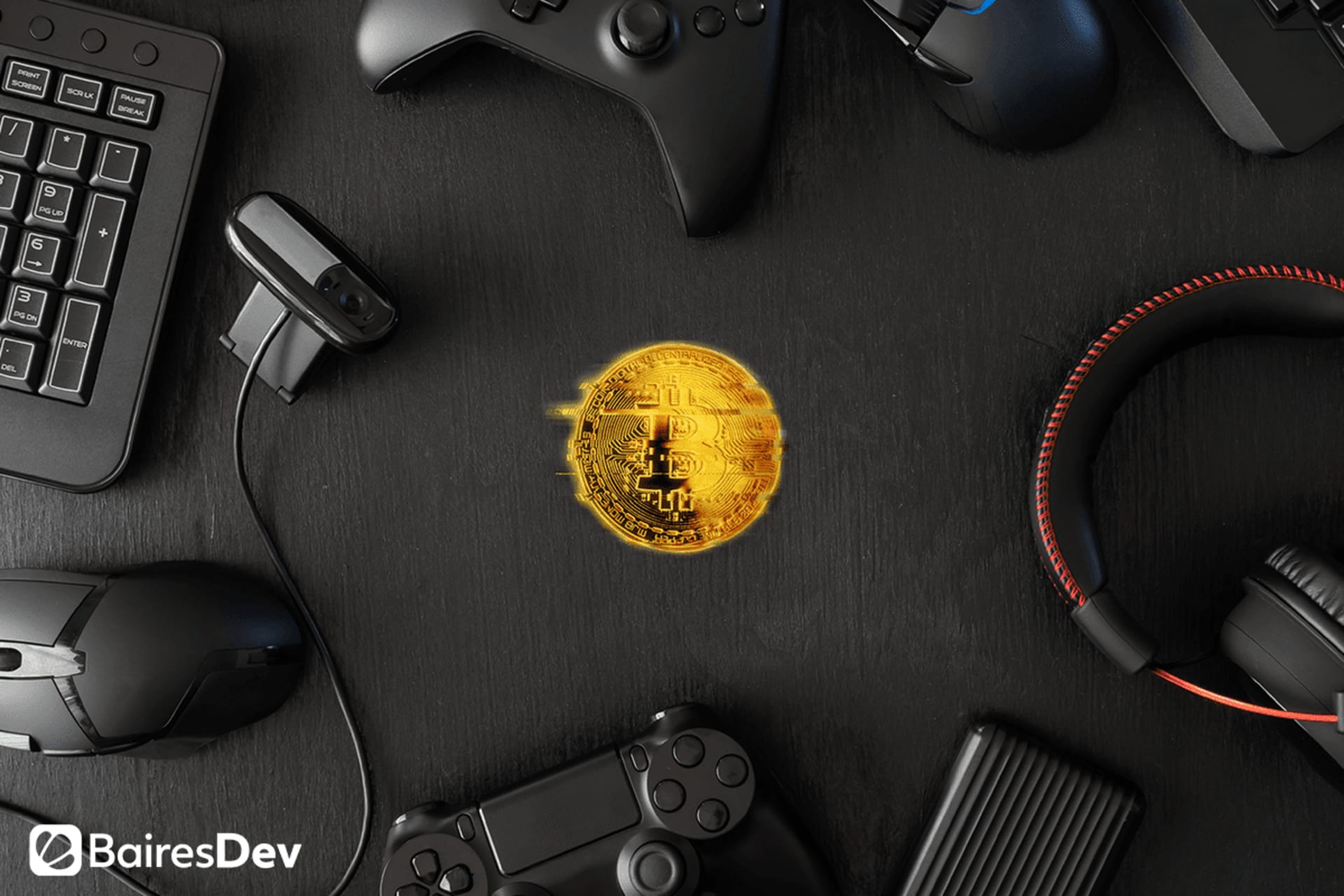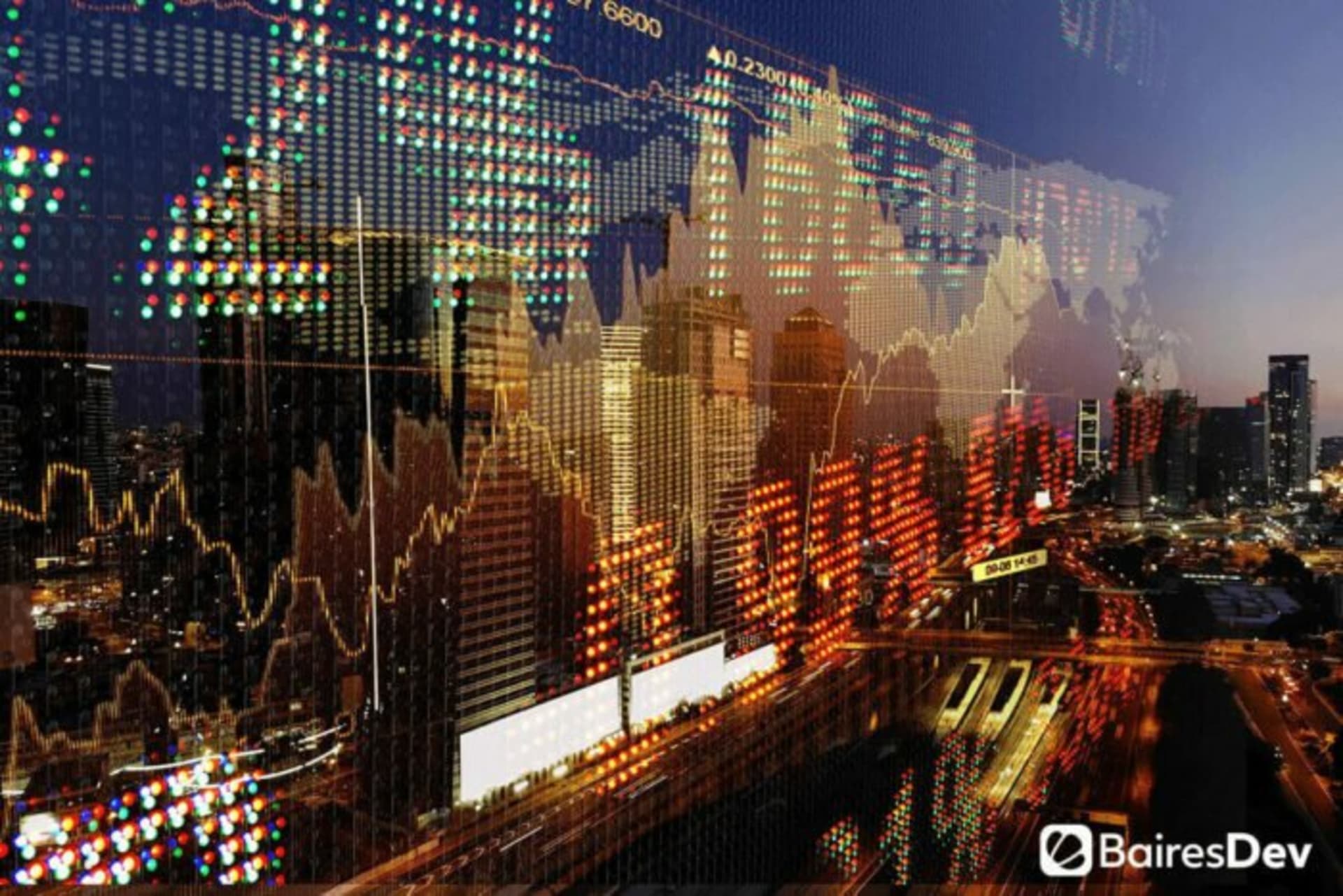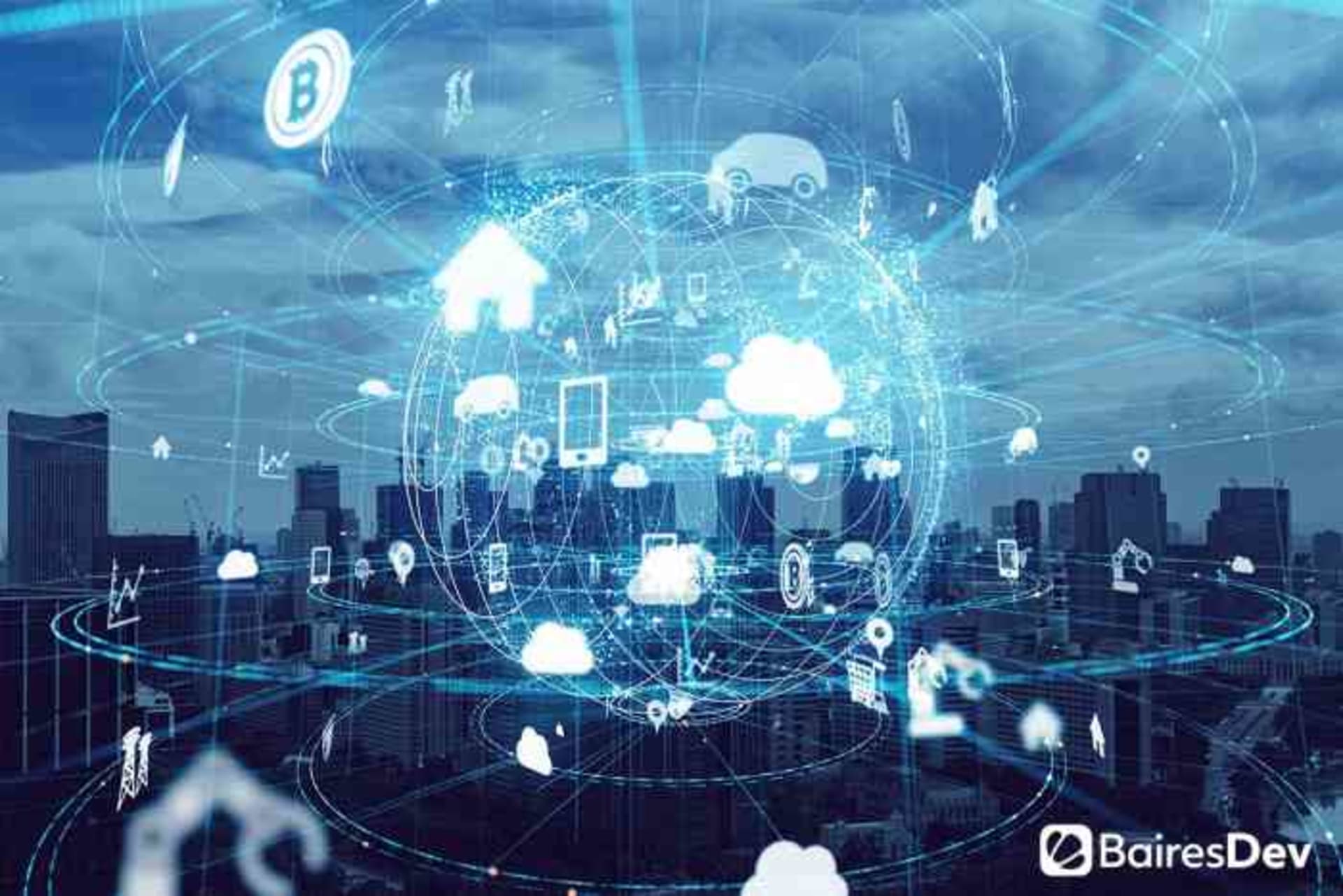Private data leaks, fraudulent transactions, insane prices, and rigged systems are all problems we could address with Blockchain technology.
The days when blockchain was merely a synonym of cryptocurrencies are over. Though the technology is obviously at the core of cryptocoins, it has branched out into other sectors and has found a lot of new uses. You can probably guess or imagine some of them. But it’s unlikely that gaming comes to mind when thinking about blockchain.
What use could blockchain possibly have in the gaming industry? Surprisingly enough, a lot. If you take a look at the sector, you might see why. Private data leaks, fraudulent transactions, insane prices, and rigged systems that are more cash grabs than actual games. All of those are keeping players on their toes when it comes to playing.
But playing should be fun and players shouldn’t worry about all of that stuff. That’s why blockchain can be such a good thing – especially for players. That’s because its features can bring true ownership, decentralized games, fair gameplay, and even a play-to-earn model. Unfortunately, we aren’t quite there – yet. Here’s how blockchain might take us there.
Protecting gamers’ data
Gaming companies are using the internet to provide different features for different games, from online gameplay to updates, purchasable items, competitions, and more. However, to access those features, players have to create their personal profiles and provide personal information, including sensitive data, such as credit card information and social security numbers.
Since all of that information is stored in central servers, hackers and malicious actors can get their hands on that information – as they have done in the past. The continuous leaks and breaches have sown a lot of distrust in players that now see that companies aren’t doing enough to protect their information. In such a context, blockchain is a great alternative.
That’s mainly because of its features. First, the chain is highly encrypted, which makes it pretty hard for an external agent to access or tamper with the data contained in it. Then, there’s the decentralized nature of blockchain, which makes it very hard for anyone to find specific data in a myriad of transactions and shared databases. And then there’s transparency for all players involved who, as part of the gaming blockchain, could see that no one is committing fraud.
Assuring Asset Ownership
Another big issue in today’s gaming landscape is that, whenever you buy something in any game, you don’t truly own it. It’s more like you’re renting it, as all of those items are really in the developer’s servers. If one day, for any reason, the developer updates their game, breaks something, or wipes out information by mistake, all of the stuff would be gone.
Fortunately, blockchain uses smart contracts, a great feature for gaming development and to ensure asset ownership. How so? By governing the in-game transactions through automated rules contained in a smart contract. The contracts are executed automatically when the player meets certain predefined conditions and, once it’s done, whatever changes come from their execution can’t be reversed.
So, whenever you want to buy, say, a sword in a blockchain-based MMORPG, the contract that governs it might state that you could do so if you had a certain amount of currency and a specific hero level. If you meet both and agree to the terms of the contract, then the sword would be yours for eternity (or, to be more accurate, as long as you have your public address, where those assets would be stored).
Easing the In-Game Purchases
Since we’re talking about the subject, blockchain wouldn’t just make sure that you own what you buy – it would make it easier for you to buy it. Today, in-game purchases are all the rage, as they are the perfect way for game developers to monetize their work while providing some, let’s say, “unique advantages” to players in the form of special items.
The practice has been getting flak for a lot of things but the one where blockchain could help is that it would take the middleman out of the equation. In other words, today’s in-game purchases need an intermediary (often a bank or financial institution), that validates the transaction before it takes place. With blockchain, all of that would be gone and the purchases could be made instantly.
What’s more – since blockchain is the basis for cryptocurrencies, all of those transactions could be made in any cryptocoin of choice. This could lead to the development of a play-to-earn model, where players mine cryptocoins by playing a certain game to then exchange those very same coins in the game’s market. All of that would be beneficial for everyone involved and would make up for a straightforward process.
Creating Unique Profiles
If you want to play a game from EA, another from Blizzard, and then one from Microsoft, you have to have different profiles and accounts on their digital platforms. It’s somewhat of a drag, as you have to leave one platform to log into the next one. Yes, you might argue that it’s a minor inconvenience but picture this – a unique profile you can use to play any game you want. That’s what the blockchain could bring to gaming.
Since you’d be using your public address as a profile, you could seamlessly jump from one game to another without any major problems. The best part about that is that you’d be able to make transactions and use the cryptocoins you mine through the play-to-earn model in any of those titles, all from the same address.
Leaving the centralized platforms of today, games would gain more flexibility and interoperability. It would mean a huge win for players since they wouldn’t be constrained by different platforms or subjected to their unique whims.
The Challenges Ahead
Though all of the above sounds great for gamers everywhere, we’re still far from the widespread adoption of blockchain in the industry. There are a lot of reasons for that, including corporate motivations and politics that benefit from the current status quo. More importantly, there are technical challenges that keep blockchain from becoming a go-to solution for game developers.
Take speed, for instance. Modern gamers have come to expect sophisticated gameplays with zero lag and breakneck dynamics. With blockchain technology, games would be restricted by activities like trading and creating assets, which take considerable time, even in the fastest blockchain platforms around.
Then there’s the issue of maintaining the blockchain gaming system itself. If you ever transacted on a blockchain, you know how expensive those transactions can get, with a cost of several dollars every time you make one. A game with some level of sophistication would mean thousands or even millions of transactions on any given day, which could inflate the cost up to unpayable levels.
Those are just two of the challenges that await the implementation of blockchain development in gaming. For all the promises of this cutting edge technology, there’s an issue that needs to be addressed before the whole implementation is successful. Yet, that doesn’t mean we should discard blockchain gaming. Instead, we should own up to these challenges and start looking for solutions that can lead us to a fairer and more enjoyable gaming experience.
If you enjoyed this article, be sure to check out our other articles about Blockchain Technology:







